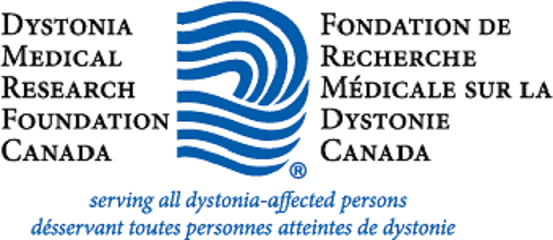- A Caregiver’s Duties
A Caregiver's duties can include:
• Providing support and encouragement
• Providing prescribed medications and pain relief
• Helping manage symptoms and side effects
• Coordinating medical appointments and treatments
• Assisting with meals and personal needs
• Helping with household chores
• Handling medical paperwork, including insurance
- Going Beyond
Going beyond duties:
• Remain open to patients’ feelings and opinions
• Accept a patient’s limitations
• Include a patient in activities they enjoy and look for ways to encourage involvement
• Learn how to provide proper physical care
• Make time to chat about your own needs and what would work best for both of you
• Celebrate achievements in discovering and putting in place what works for all
- Taking Care of Yourself
Remember that as a caregiver, your health and well-being are as important as those of your loved one. DMRF Canada support groups are open to caregivers too. Click here to find out more about support groups near you.
In our Spring 2025 Newsletter, we published an article titled Avoiding Burnout as Caregivers. Our thanks to the DMRF USA for allowing us to share this article.
- Financial Support
As of 2017, there will be Canada Caregiver Tax Credit that will replace three existing credits (Dependent Credit, Caregiver Credit, and Family Caregiver Tax Credit).
This should make applying for the caregiver tax credit less confusing. The new credit is a non-refundable tax credit for expenses related to the care of dependent relatives and related to the care of spouses or dependent minor children. Click Here for additional details on these benefits and tax credits.
As well, the new Caregiver Benefit will provide up to 15 weeks of support for a person to care for an adult family member who requires significant support to recover from a critical illness or injury. The existing Compassionate Care Benefit remains in place; it provides up to 26 weeks of leave for caregivers providing care for individuals at end of life.
- Other Resources:
